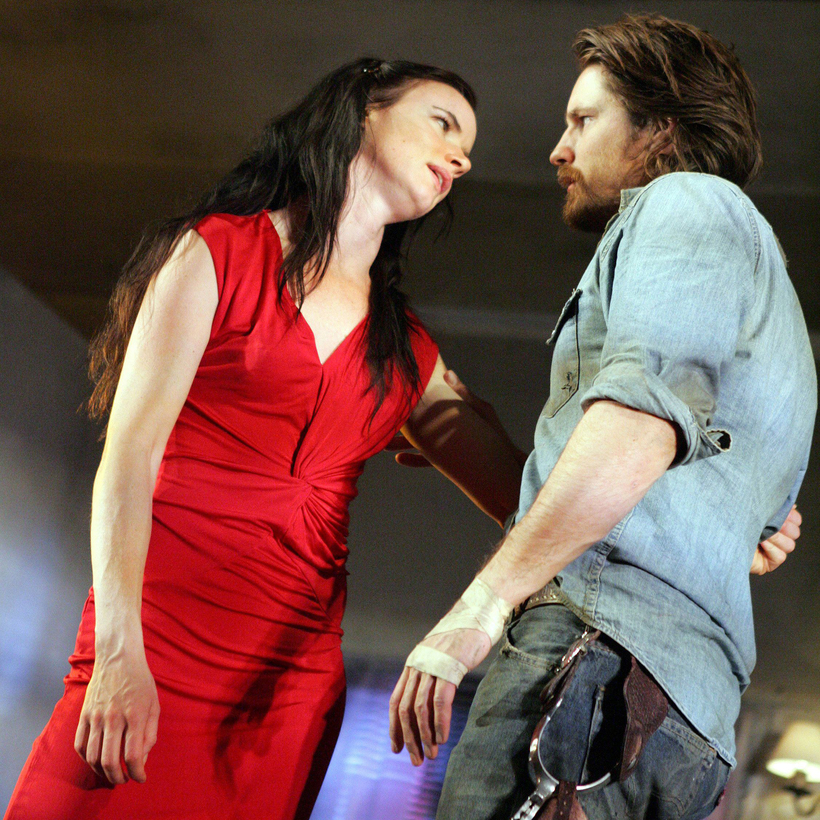The marriage of a particular audience member implodes during the performance of a same-sex version of Fool for Love, the Sam Shepard play that gives Helen Schulman’s short-story collection Fools for Love its name. Contained within the book’s covers is ample evidence, if such evidence were needed, that fools give their hearts much too soon.
The shattered spectator in question, one Anna Herrera—the narrator of the collection’s title story—will set the scene of woe for you. “Many moons ago, my beloved husband, Miguel Herrera—have you heard of him?—gave an earthshaking performance in an event space in the East Village…. The room was full…. In that moment maybe for the first and last time in my life, I knew I was exactly where I should be: on the top floor of a tenement near Avenue A, in this magical little bird’s nest of creativity, married to a brilliant, handsome man who was crazy about me.


